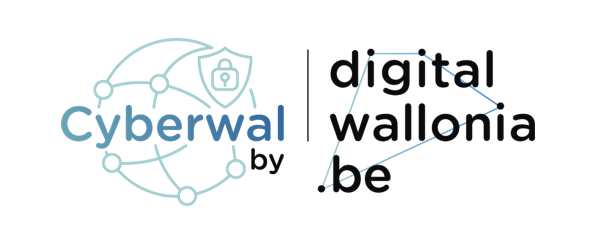Encryption Mechanisms for Receipt-free and Perfectly Private Elections
We design new encryption mechanisms that enable the design of the first universally verifiable voting schemes, supporting both receipt-freeness and everlasting privacy without assuming the existence
of an anonymous channel.
Our schemes support the two most traditional election tallying methods:
One is additively homomorphic, supporting elections in which votes simply need to be added, but decryption is only efficient for a message space of polylogarithmic length. The other is randomizable and is compatible with traditional mixnet-based tallying methods, and supports messages encoded as group elements, which makes it compatible with virtually any
election type.
Our approach builds on the recently proposed traceable receipt-free encryption (TREnc) primitive to support the design of a perfectly private audit trail. In particular, we propose two TREnc that are secure under SXDH and rely on a public coin CRS (or on the random oracle model). This improves on previous TREnc mechanisms that required a structured CRS and is of independent interest. A prototype implementation of our mechanisms is proposed, which shows that ballot preparation and
verification can be executed in less than a second.
